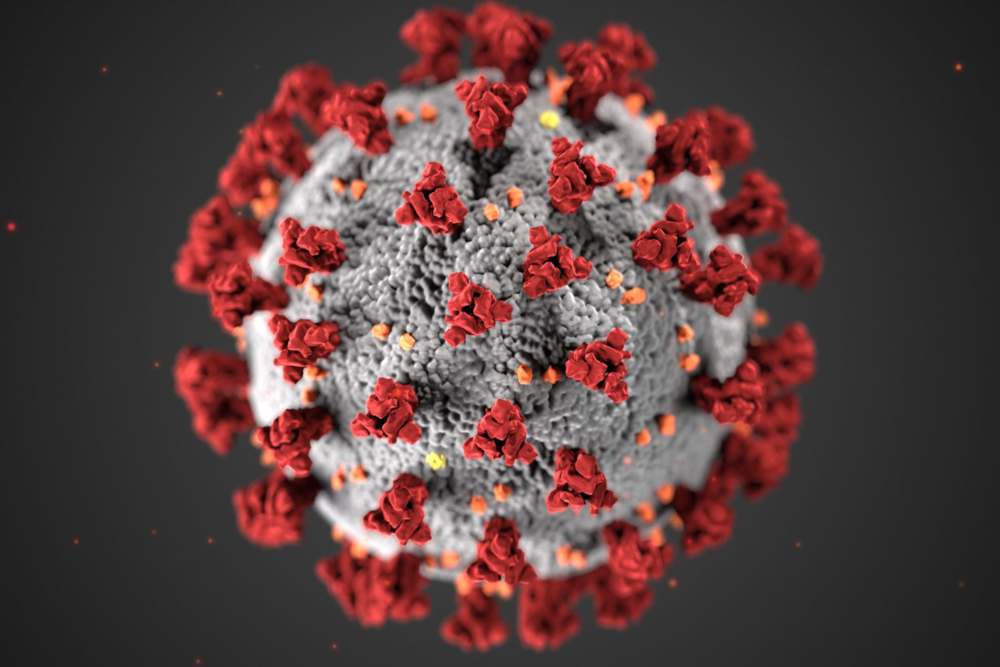
"Give the public credit for the largely sensible post-lockdown behaviour" — said a senior University of Brighton academic as research ramps up into how Sussex people look after each other.
Dr Chris Cocking, Principal Lecturer at the University of Brighton, said fears of widespread disorder from the easing of Covid-19 restrictions at the weekend were largely unfounded — as he embarked on a new research project.
The work, which is supported by the university's Covid-19 Research Urgency Fund, is looking at the spontaneous volunteering and mutual collective support seen in Brighton and Hove and the South East in response to the coronavirus pandemic.
According to Dr Cocking, he's welcoming contributions from anyone who has been involved in support groups or helped others affected by Covid-19.
Interviews will be conducted remotely via mobile phone or computer.
The research follows the easing of restrictions in most of England on Saturday 4 July, which, among other sectors, permitted the re-opening of pubs, cafes and restaurants under certain conditions.
Despite concerns that there could be widespread disorder in pubs and bars, which have been closed for over three months due to lockdown, incidents of disorder were generally low.
The university said Dr Cocking's work on crowd behaviour has previously suggested that the public are not given enough credit for how they have conducted themselves during the pandemic.
He said:
"Throughout Covid, the public have behaved much better than expected, and so we should stop demonising public responses to emergencies.
"Any problems we have faced can be better explained by unclear and inconsistent public messaging from authorities".
A university spokesperson added that Dr Cocking's research will focus on why people were so keen to get involved in spontaneous volunteering to offer support to others during the pandemic.
It is also expected to investigate whether such shared identity and consequent mutual cooperation can endure in the medium to long term.
Over 750,000 people volunteered to help the NHS at the start of lockdown, but by May 2020, most had not formally been recruited to help.
Dr Cocking said:
"This could be because of the vast number of local mutual aid groups that sprung up spontaneously in response to the outbreak, which made volunteering for the NHS somewhat redundant.
"There are an estimated 4300 groups currently connecting over three million people in the UK outside of national and local governmental structures."
In the past, Chris has also researched how people at disasters intervene to assist the situation.
If you've been involved in volunteering and mutual support groups during Covid-19 in the South East and would like to contribute to the research, email Dr Chris Cocking.

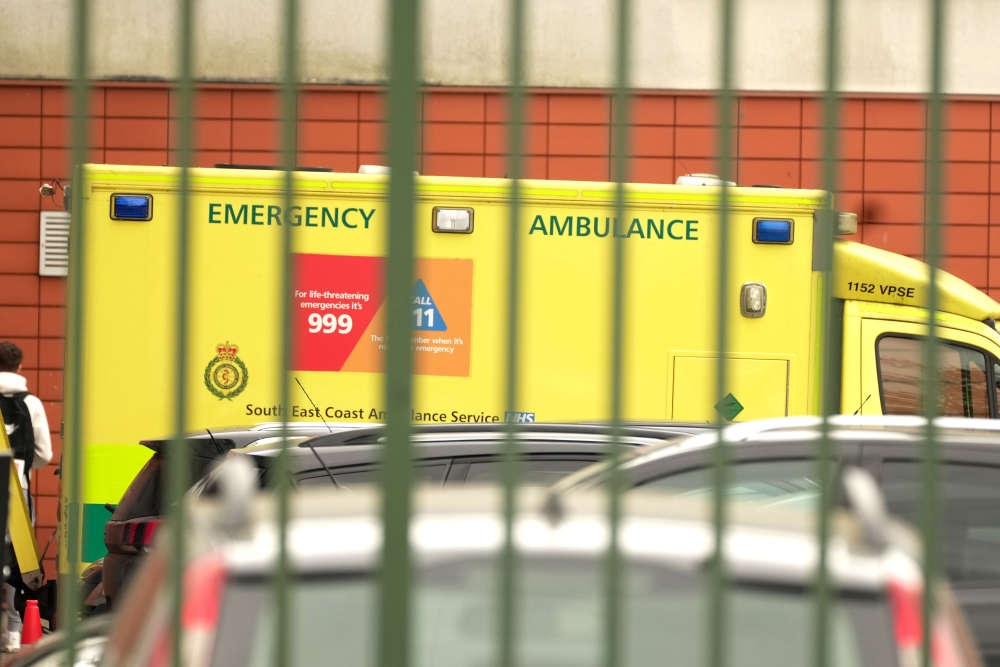 PHOTOS: Man Seriously Injured During Incident At Crawley College
PHOTOS: Man Seriously Injured During Incident At Crawley College
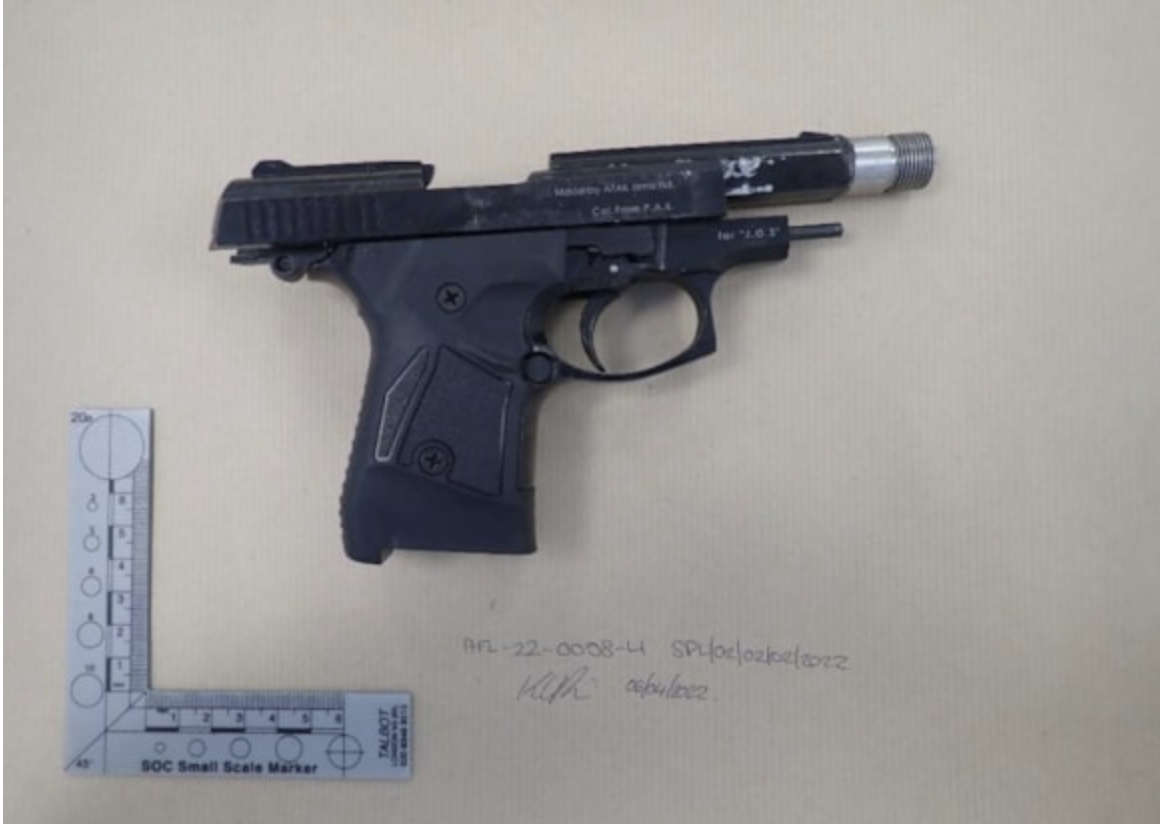 East Sussex Illegal Firearms Buyer Jailed
East Sussex Illegal Firearms Buyer Jailed
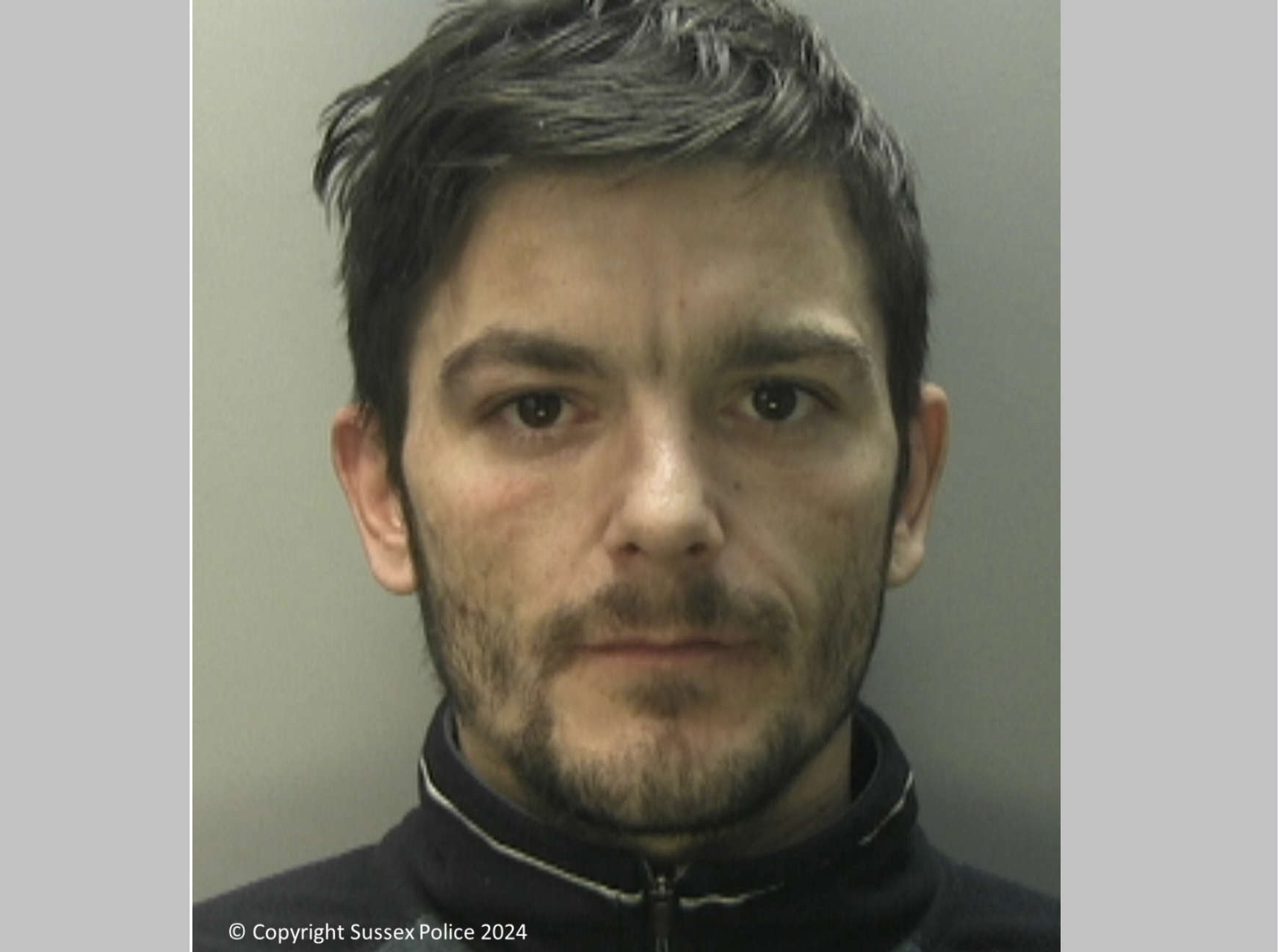 Prolific East Sussex Shoplifter Jailed
Prolific East Sussex Shoplifter Jailed
 East Sussex Households To Receive Further Financial Support
East Sussex Households To Receive Further Financial Support
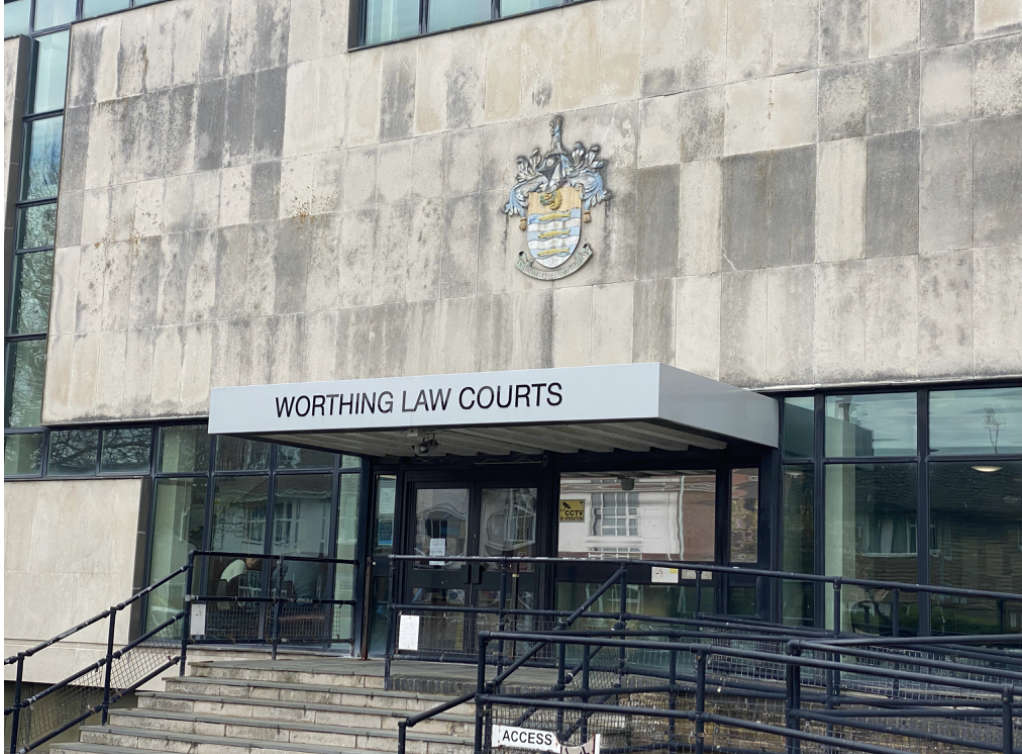 Specialist Domestic Abuse Courts Now Running In Sussex
Specialist Domestic Abuse Courts Now Running In Sussex
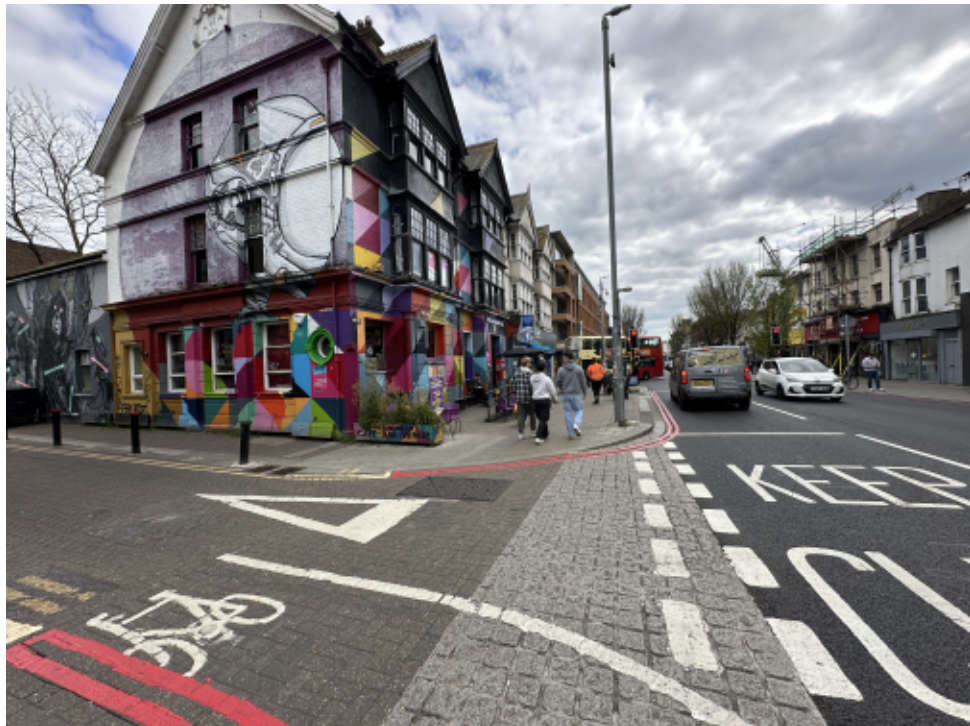 New Brighton Red Route Just A "Cash Grab" Says Trader
New Brighton Red Route Just A "Cash Grab" Says Trader
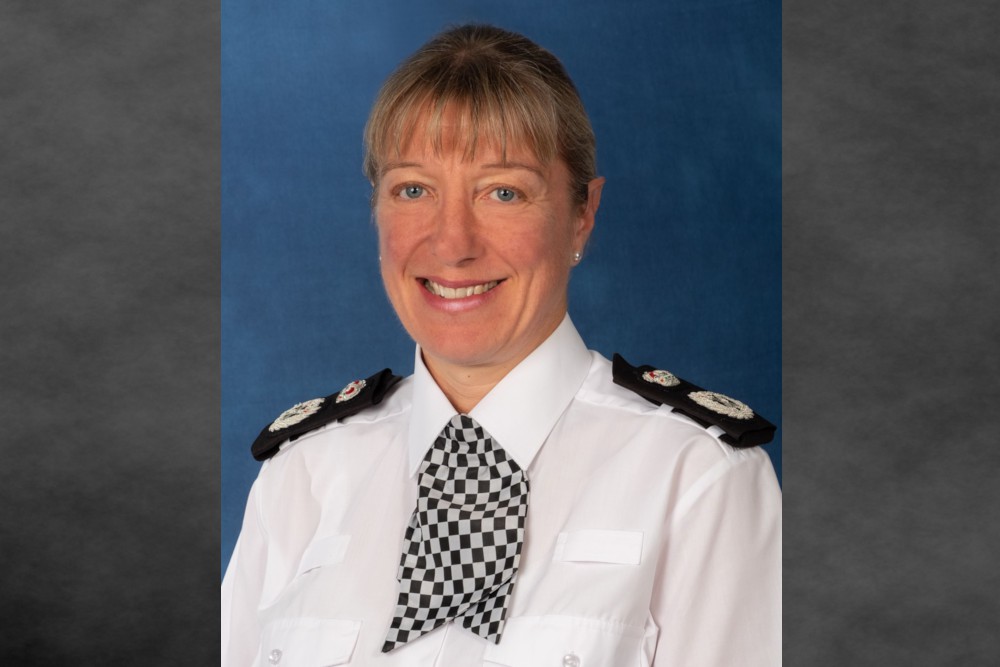 Clare's Law Requests To Sussex Police Increase By 50%
Clare's Law Requests To Sussex Police Increase By 50%
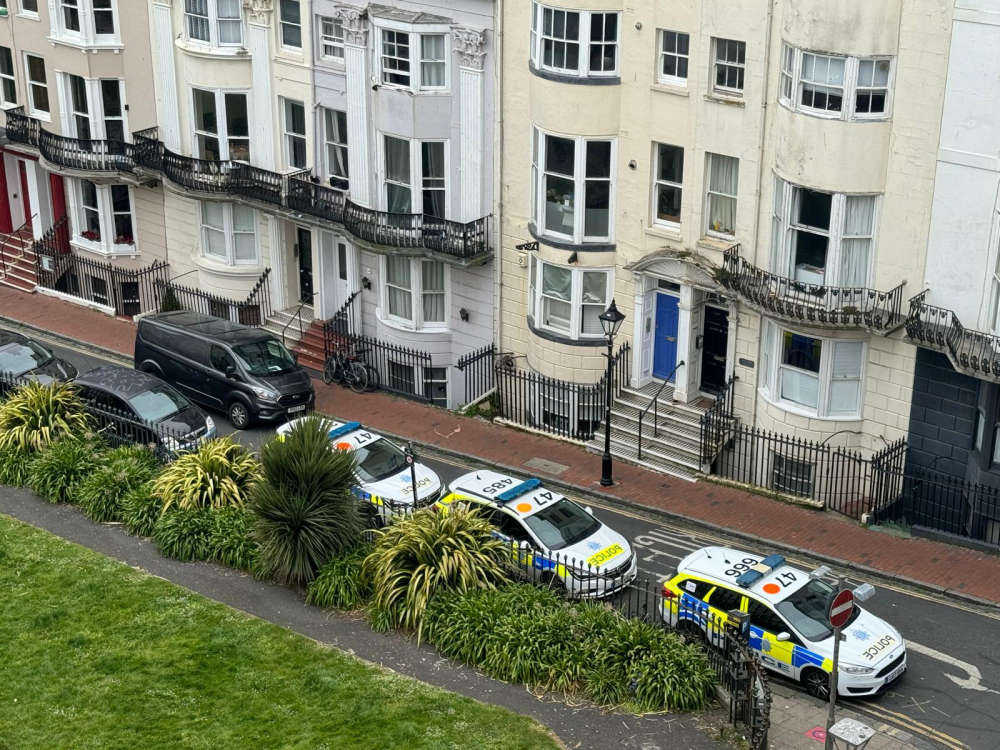 Two Arrested After Woman Dies In Brighton Hotel
Two Arrested After Woman Dies In Brighton Hotel
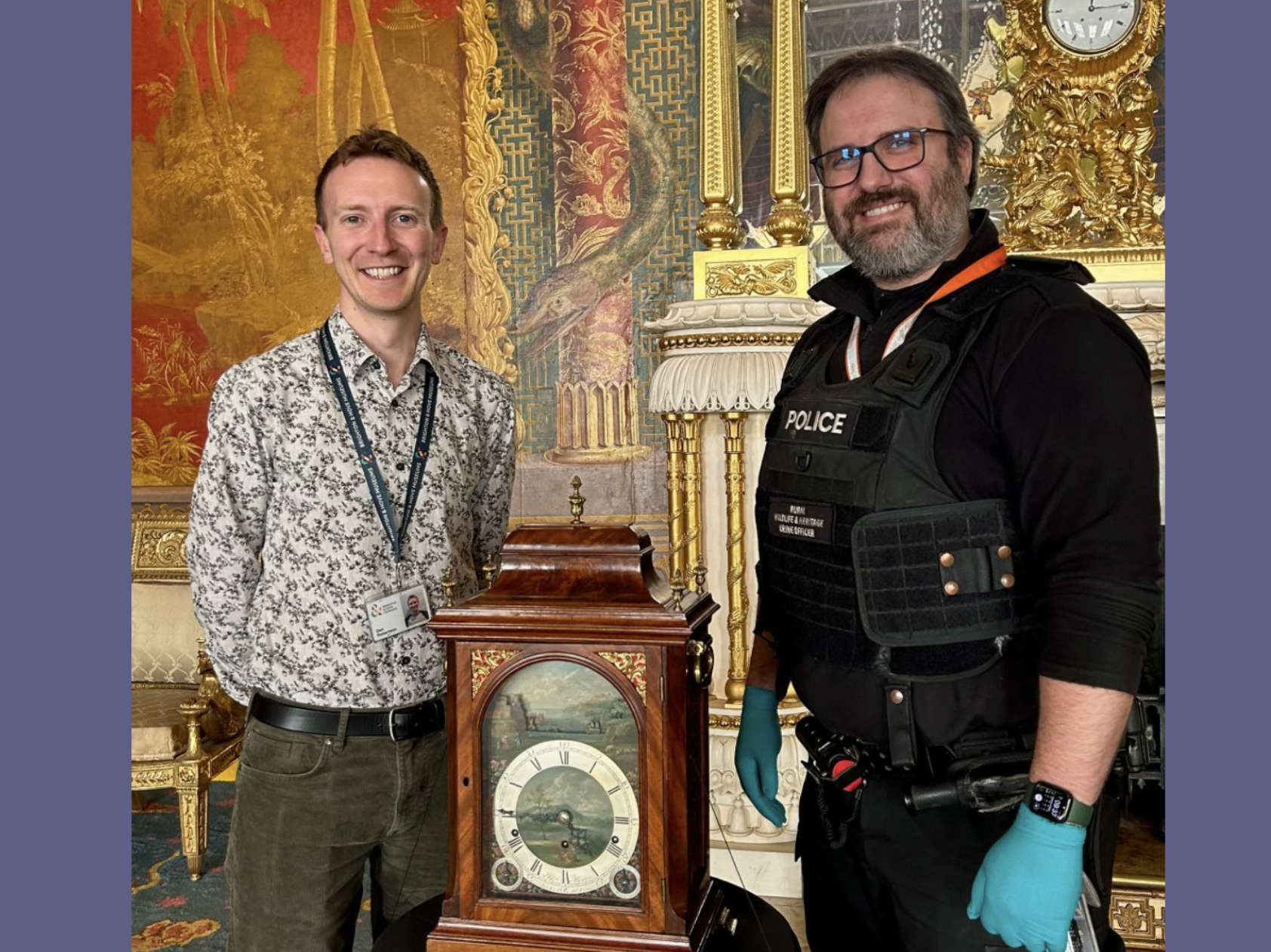 Antique Clock Returned To Brighton Museum Following 2001 Theft
Antique Clock Returned To Brighton Museum Following 2001 Theft
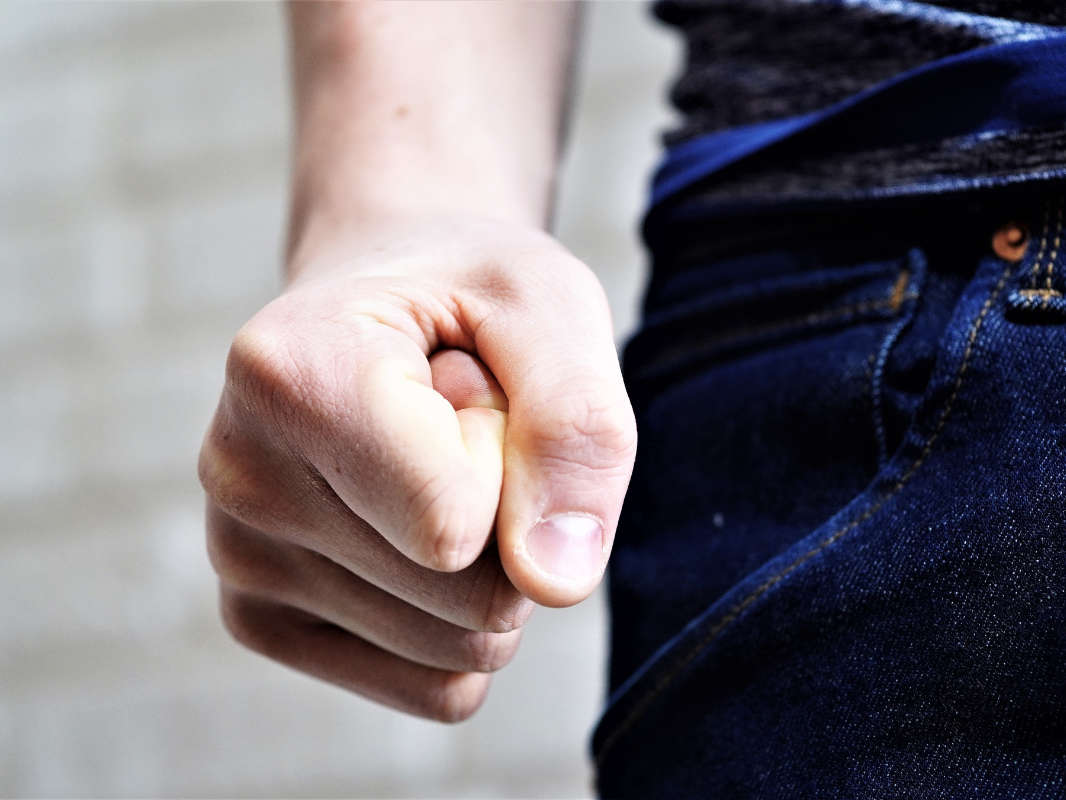 Shop Thief Faces Sentencing Over East Sussex Incidents
Shop Thief Faces Sentencing Over East Sussex Incidents
Comments
Add a comment